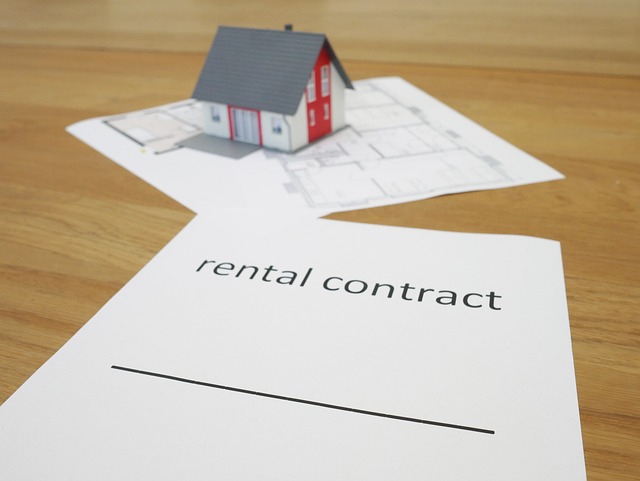Understanding fixed and variable costs is crucial before entering the real estate market. By analyzing monthly expenses, including mortgage/rent, taxes, insurance, utilities, groceries, entertainment, and transportation, individuals can make informed decisions about property purchases. Strategically planning your budget involves differentiating between fixed and variable costs, negotiating bills, cooking at home, prioritizing essential spending, cutting back on non-essential purchases, and saving for future investments. These tactics empower prudent real estate decisions aligned with personal financial goals.
Before diving into the real estate market, a thorough understanding of your monthly costs is crucial. This article guides you through the process of analyzing two key components: fixed and variable expenses. By examining these in detail (as required for any wise financial decision), you’ll gain insights to inform your budget planning. We explore practical strategies to optimize your finances, ensuring a sound investment approach in the competitive real estate sector.
Understand Your Fixed Costs in Real Estate

Before diving into the world of real estate, it’s crucial to understand your fixed costs. These are expenses that remain consistent each month and include mortgage or rent payments, property taxes, insurance, and utility bills. By breaking down these costs, you gain valuable insights into your financial obligations, enabling better budgeting and decision-making when evaluating potential properties.
In the realm of real estate, knowing your fixed costs allows for a more realistic assessment of your affordability. It’s essential to consider these expenses alongside variable costs like maintenance, repairs, and discretionary spending. This comprehensive analysis empowers folks to make informed choices, ensuring they find a property that fits their financial profile without causing undue strain.
Evaluate Variable Expenses: A Deep Dive

When analyzing monthly costs before making a decision, it’s crucial to delve into your variable expenses. These are costs that fluctuate from month to month and often include items like groceries, entertainment, and transportation. Evaluating these variables deeply can reveal significant savings potential. For instance, in the realm of real estate, whether you rent or own, utility bills can vary widely depending on climate, household size, and energy-saving practices.
Groceries are another area where variable expenses can mount up. Analyzing your purchasing habits and comparing prices at different stores or using online delivery services can help optimize your spending. Additionally, entertainment costs can be reduced by exploring free community events or negotiating lower rates for subscription services. These detailed evaluations empower you to make informed decisions that align with your financial goals and aspirations.
Strategies for Optimizing Your Budget Before Purchasing

Before diving into the world of real estate, it’s crucial to employ strategic budgeting tactics. Start by meticulously analyzing your monthly expenses and categorizing them. Identify fixed costs like rent, utilities, and insurance, as well as variable expenses such as groceries, entertainment, and dining out. This breakdown will help you understand where your money is currently going and allow for more informed decisions when setting a budget for your new home.
Consider implementing cost-saving measures to optimize your financial situation further. Look for ways to reduce variable expenses by negotiating bills, cooking at home more often, or exploring less expensive entertainment options. Additionally, aim to increase savings by cutting back on non-essential purchases and setting aside money each month for future investments. By adopting these strategies, you’ll be better equipped to manage your finances and make responsible choices when it comes to real estate purchases.






